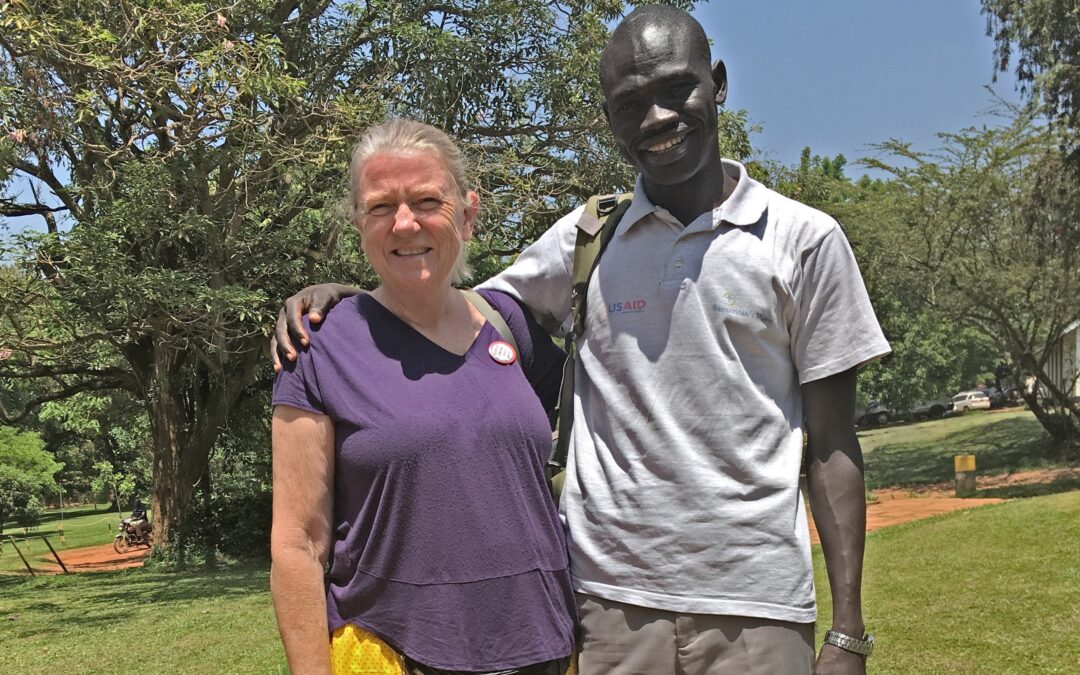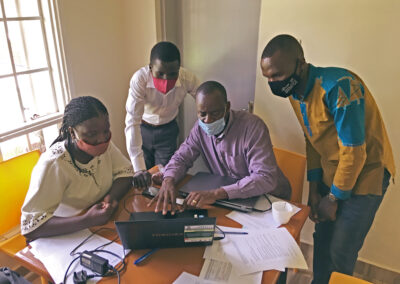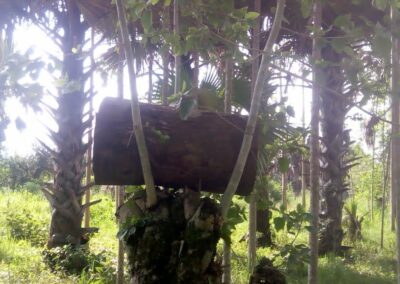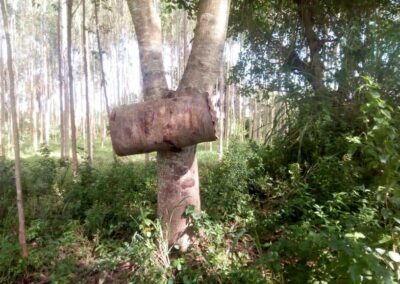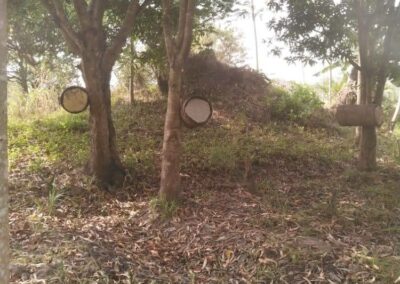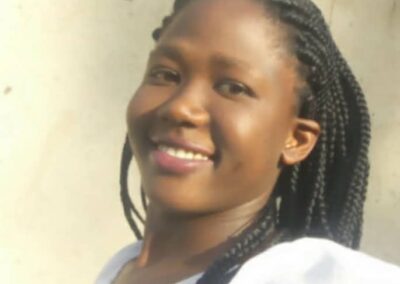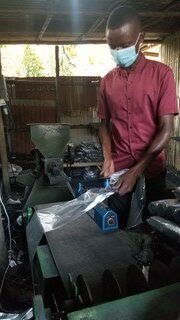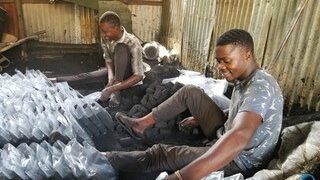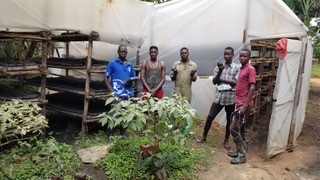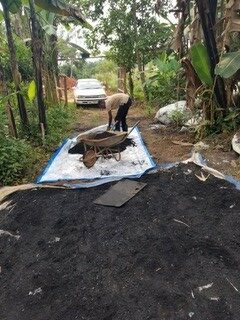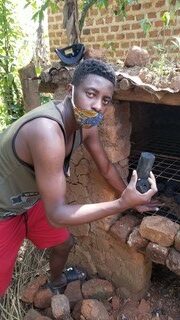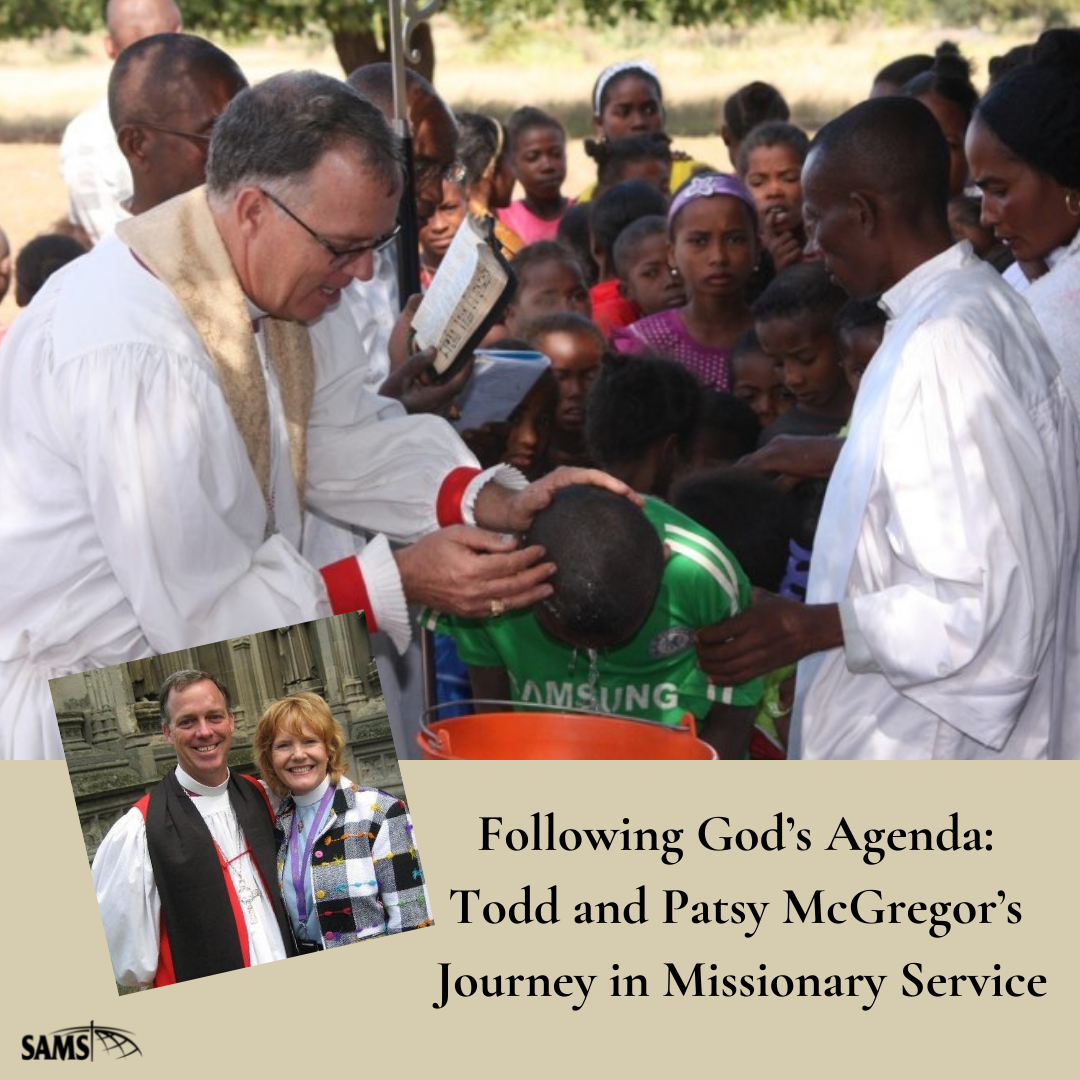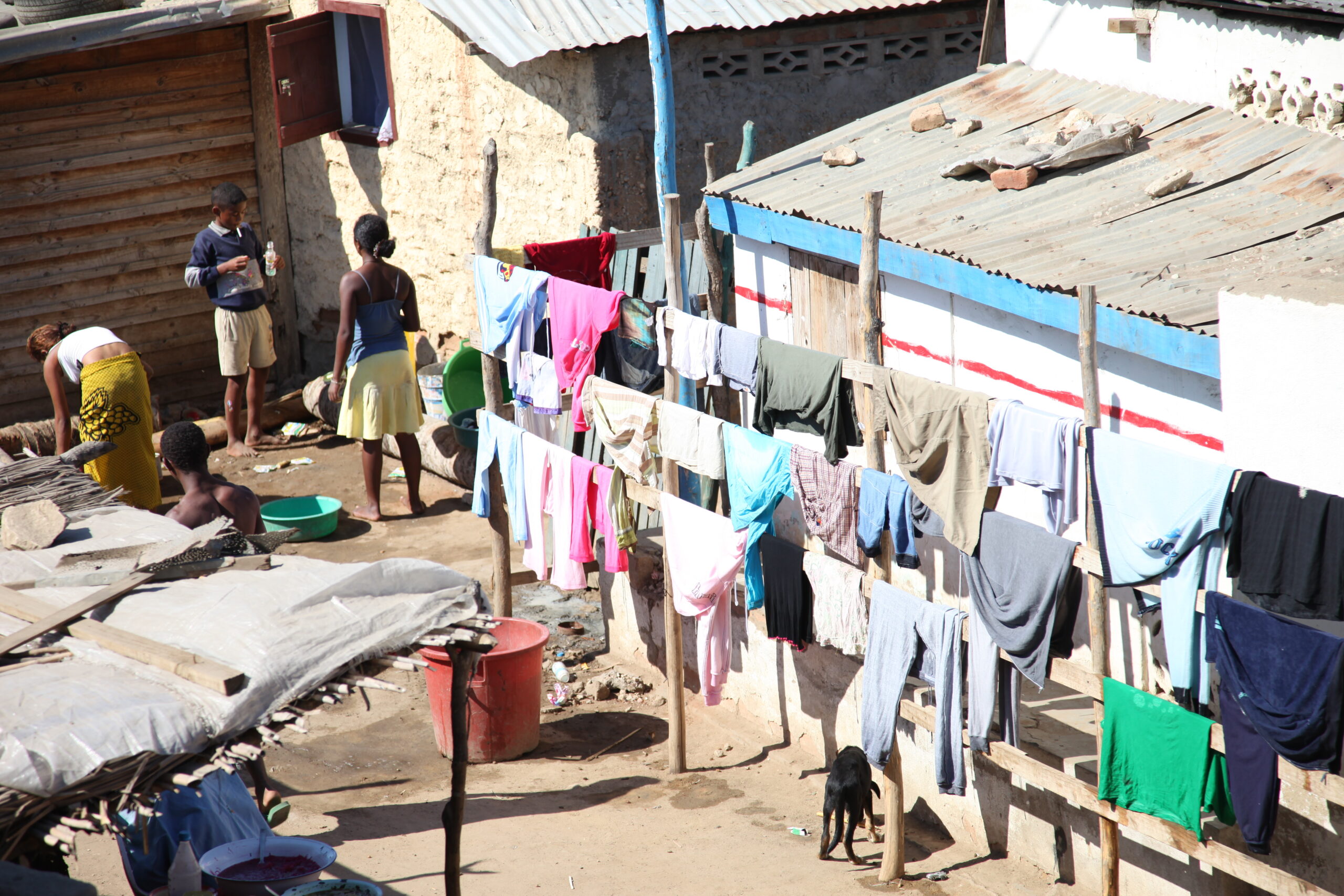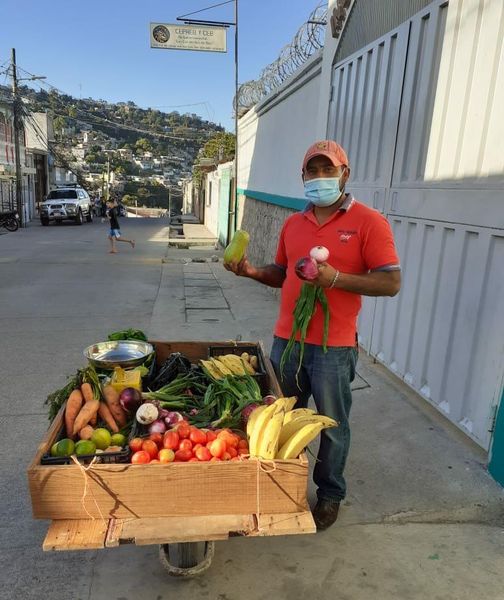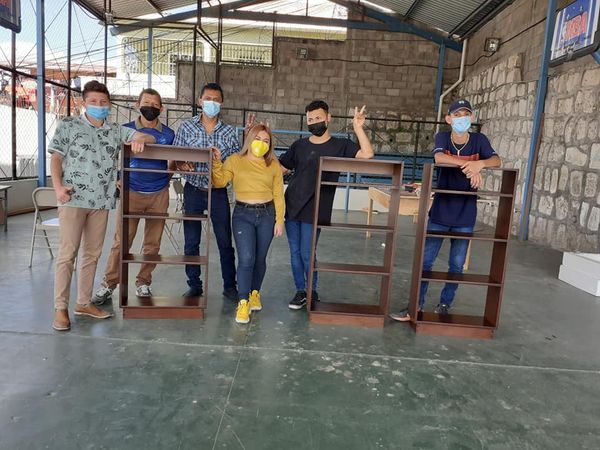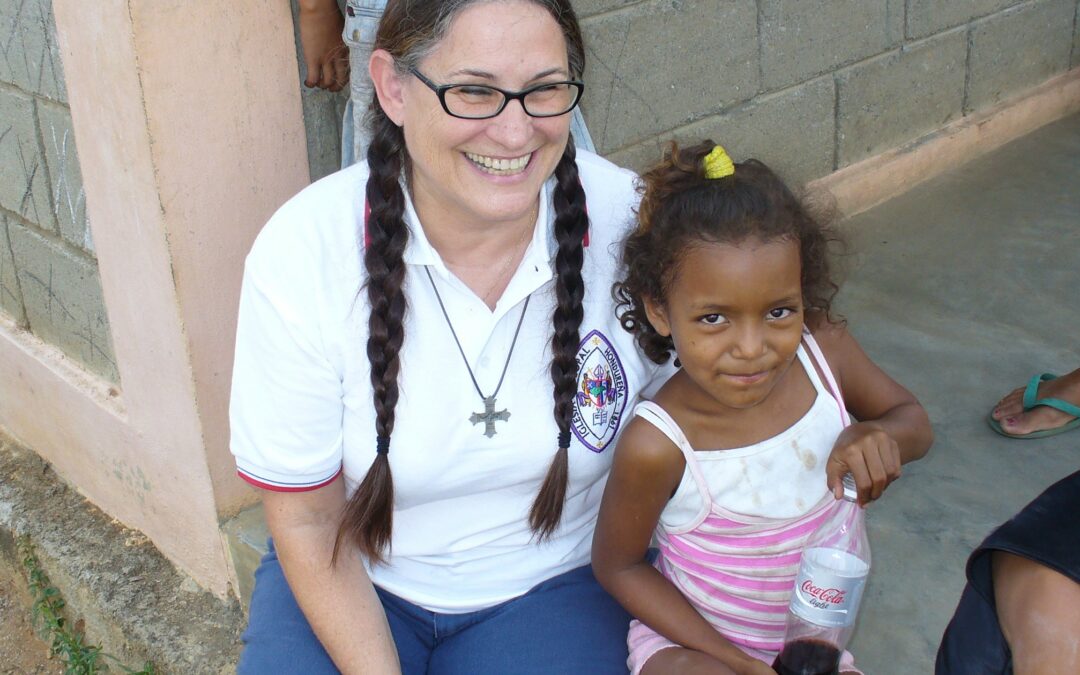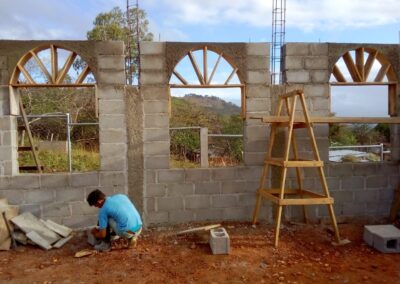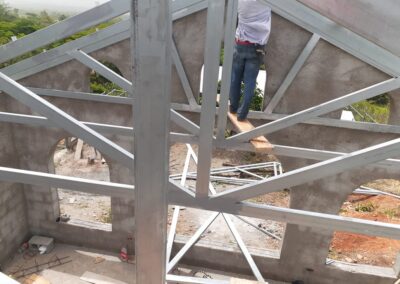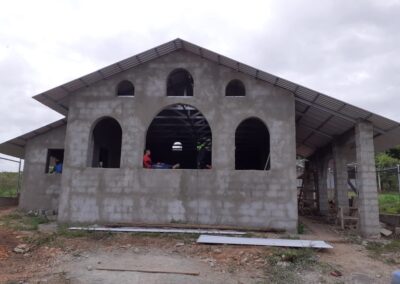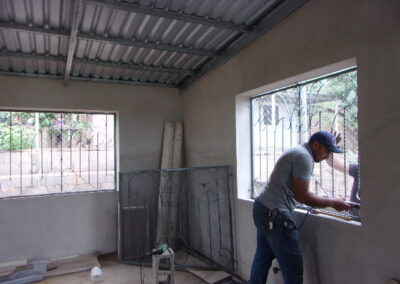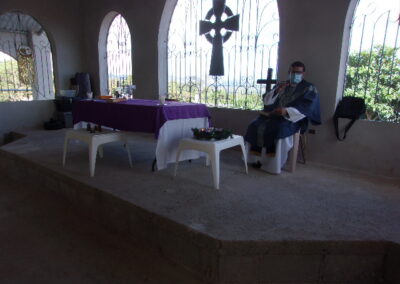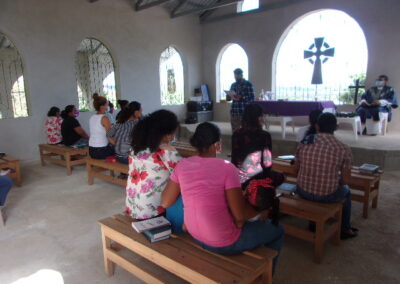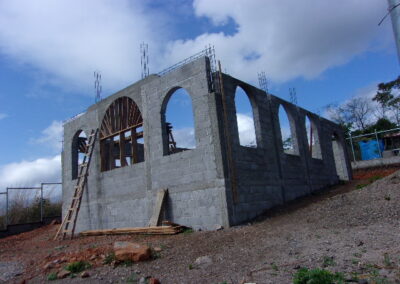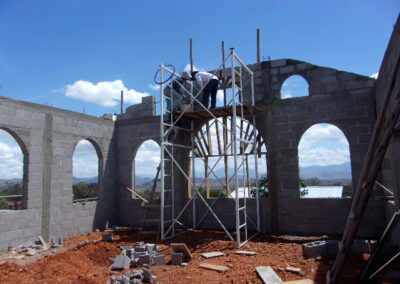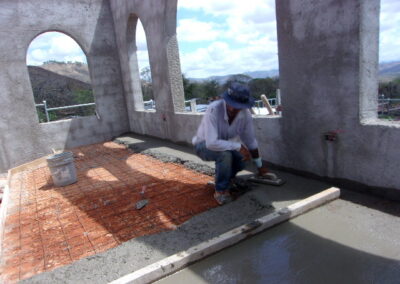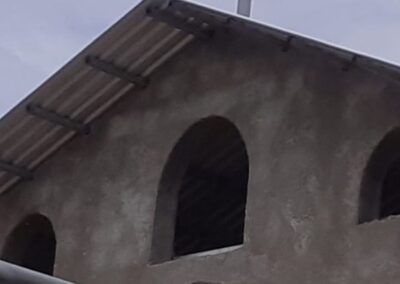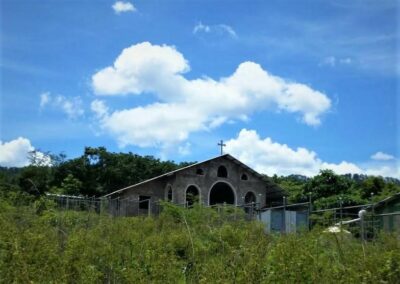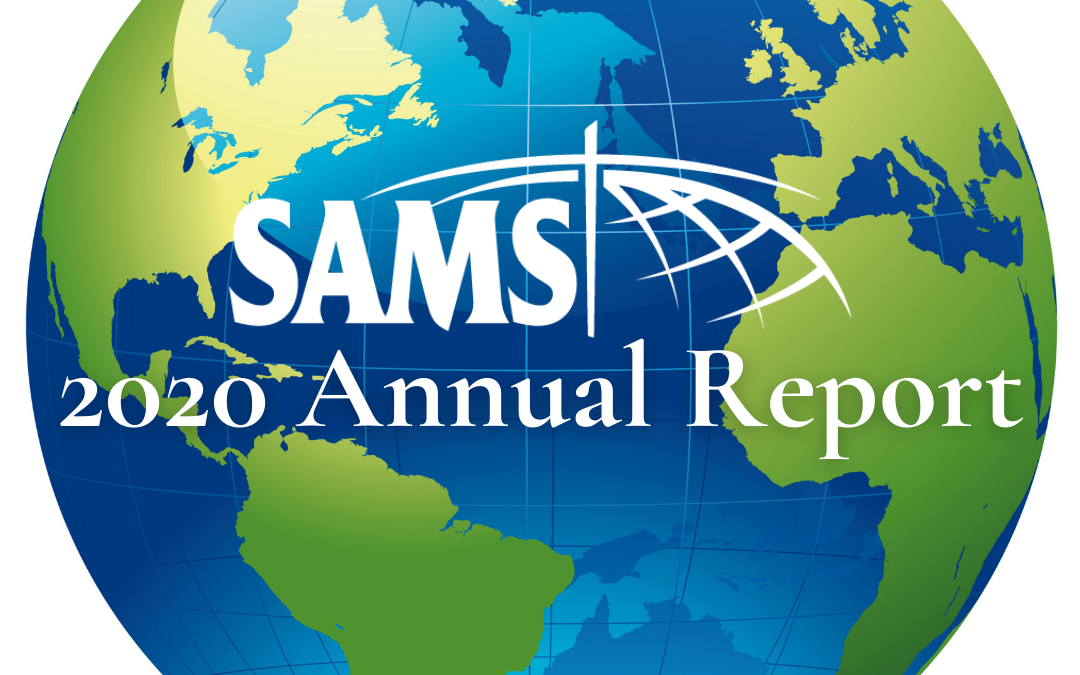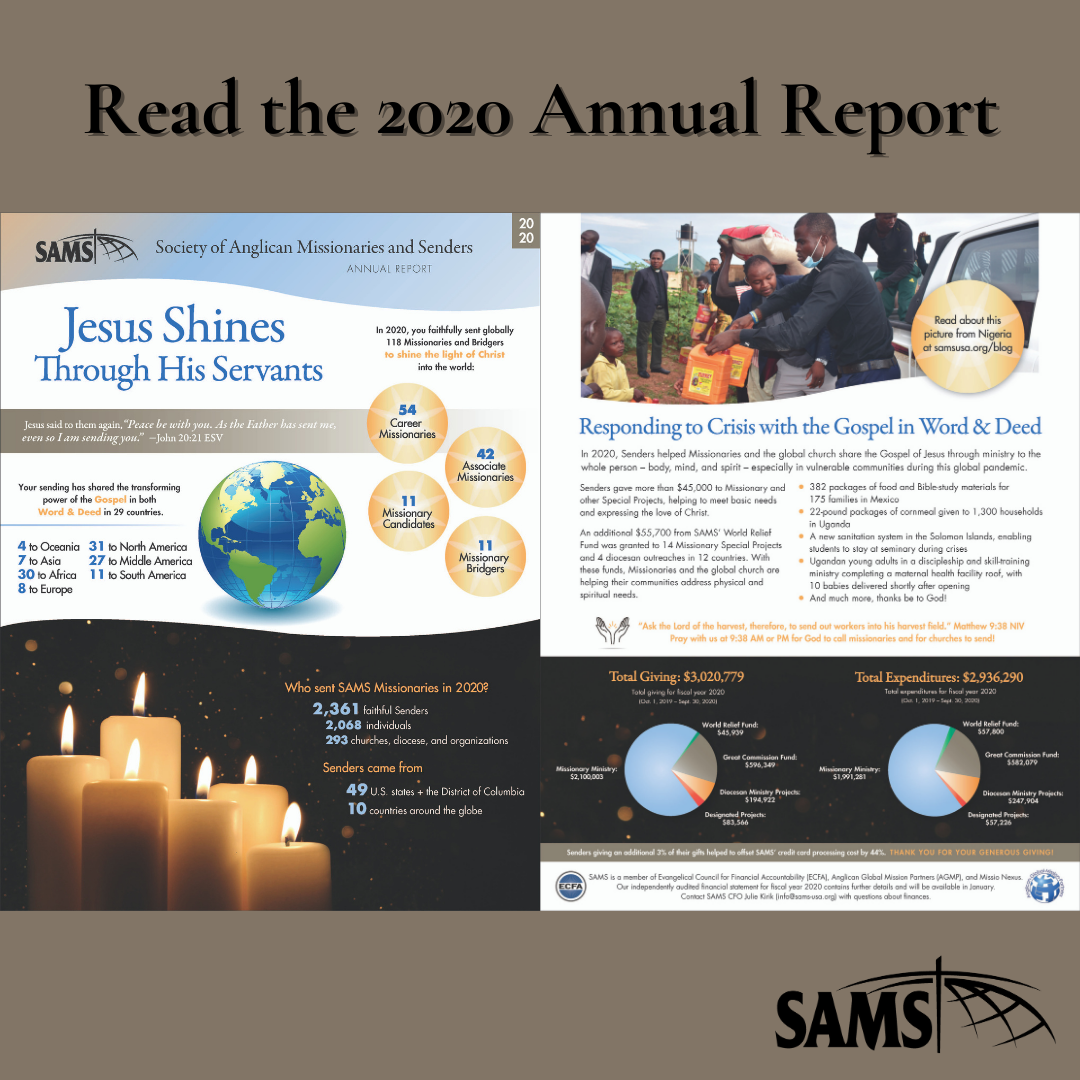The one chapel service Todd McGregor missed in college turned out to be the one that changed his life. A chapel speaker at his Bible college had invited students to go to Nepal on a mission trip. The speaker caused such a buzz on campus that all his friends were talking about this call to go to Nepal, to minister in a place where it is against the law to share your faith and baptize. Despite his not going to chapel that day, the invitation caught Todd’s attention. He encouraged his friends to go, “That’s really good, you guys should do that.” He said he wasn’t interested. Yet the Lord kept bringing this back to him. Todd had felt a pull towards ministry as a teenager while exploring a remote, roadside graveyard with his father. The following words drawn from scripture were on one of the stones: My friends of mine hear my voice, you are my friends if you do what I command. “I sensed that the Lord was calling me to serve him,” Todd recalls.
He felt the call again in college: “Isn’t it interesting that the Lord showed me something earlier in life, and that He kept bringing it back. I kept hearing about Nepal, and I said no, no, I’m not going to do this, and eventually I made a deal with God. I thought it was impossible and would never work out. I said to God, ‘If you can convince my parents to say “yeah, you can go to Nepal and do what’s illegal and there’s a possibility you might get thrown in prison,” if they’ll approve it, and Lord, if you can raise this money, I will go.’ Wouldn’t you know, that the Lord worked this all out: that when I called my parents, they were very encouraging. People started giving, and the money all came in. So, I went to Nepal, trusting and really believing that it was the Lord who was calling me. I was open to whatever he wanted me to do. That was the neat part of experiencing missionary life: being open, not coming with any agenda.
“We knew there was a big risk; we knew there was a big chance we would be thrown into prison. But we trusted in the Lord. If he opened this door, then he would show the way. I was with a group that travelled through Western Nepal — we were able to pray for people, and miracles happened. We saw people come to faith. We were stopped and put in prison, but our trust was in the Lord during this whole time.” The Lord opened doors for Todd to go to Nepal, his release from prison, the Gospel to be spread, and seeds of future calling to be planted in his heart.
After Todd got back from Nepal, finished college, and met and married his wife, Patsy, the Lord continued to tug on his heart for overseas missions. As they both studied at Trinity Evangelical Divinity School in Illinois, Dr. Bill Taylor’s teaching on missions brought Todd’s mind back to his experiences in Nepal. Todd sensed a call from God to serve overseas as he studied for a Master of Divinity. Patsy, happy to take advantage of opportunities where the Lord led Todd, studied for a Master of Arts in Religion. Meanwhile, the Lord blessed them with two daughters. As they looked to the mission field, neither Todd nor Patsy could see the discouragements they were to face or the unexpected developments in their callings — but they followed their Good Shepherd.
At the time, Patsy felt one clear calling — to be married to Todd, supporting him in his calling as a missionary. Yet this was not a shallow commitment on her part. As they prepared to go to Madagascar, she brought her whole self to the support-raising process with Todd. Not all their loved ones wanted to let them go overseas, and some even opposed their plans. Yet for Todd and Patsy the call became clear. With their departure date approaching soon, they still needed to raise significant funds. They went on a bike ride to pray and process the challenge facing them. Patsy was confident: “I just believed that if God was going to have us go to the mission field, that he would raise up [the support]. We got on the phone and asked people: ‘If you believe this is what God has called us to do, then can you please send us something just to confirm that? And if you don’t, that’s all right, because we’re seeking God’s will.’ And everybody [we called] was very, very much in favor of it. But we had to ask: ‘Do you believe God’s called us? And if so, send something in. It could be 20 bucks, but it’s just saying you believe.’” After these prayerful efforts, God brought in $45,000 in 10 days! Todd and Patsy headed to Madagascar with their two young daughters, ages 11 months and two years.
Todd encourages prospective missionaries: “If God calls you, He will open up a means for this to happen. One thing we have learned over the years — A lot of people say, ‘Lord we want you to open the door.’ Maybe part of it is saying, ‘The door’s already open. Lord, if you don’t want us to go, close it.’ It means we have to step out in faith and trust Him.”
Todd originally shrank back from the idea of ordination. He wished simply to serve as a lay person among the Malagasy people. Yet during the first three years, the archbishop in Madagascar, The Most Rev. Remi Rabenirina, (who was also his bishop on the field) pushed him to get ordained. Todd submissively entered into the process. He expected to get a lot of pushback from his home bishop back in the USA, The Rt. Rev. Calvin Schofield, and thought that might be the silver lining to sidestep this calling. Indeed, Todd did experience a lot of pushback, and he was doubtful he would become ordained. He was in for a surprise, however. When Todd met with Bishop Schofield back in the USA one last time, the bishop opened up the door and said, “We’re gonna make this happen.” What a shock! The Lord had the door to ordination open, and by His grace, Todd walked through it.
Together, Todd and Patsy spent their first 11 missionary years in the capital city of Madagascar, Antananarivo (Tana), opening up health clinics, starting churches, and training leaders in evangelism. Life in a poor city required self-sacrifice and endurance. They saw Christ’s hope transform people’s lives, and the communal culture of the Malagasy began to change the McGregors deeply.
Patsy had her own share of surprises in her calling. While in Madagascar, Patsy had a dream that she was supposed to become a priest. She woke up a bit befuddled, telling Todd about it. Todd responded, “Yeah, I think so. I think that’s right.” Patsy pocketed that dream, unsure of what the Lord was doing in her. In 2002, the McGregor family moved to southern Kenya to enroll their daughters at an international high school. Patsy served at St. Julian’s Centre, an Anglican retreat and conference center, where she experienced great joy serving and equipping the Christian community. The archbishop of the Anglican Church of Kenya, The Most Rev. Benjamin Nzimbi, saw Patsy’s ministry and encouraged her to become ordained. Patsy was already prepared for this step thanks to God’s leading in her graduate education 15 years prior. When she had studied for her Master of Arts in Religion, she didn’t have a clear purpose for it. Today she says: “I needed that training, and I didn’t know exactly why I needed that training, but I was glad for it. There’s never a scrap wasted. God will always use it, however he is equipping you.” She also followed Todd into doctoral studies through Gordon-Conwell Theological Seminary. Patsy’s attitude was: “I’ll just sort-of tag along and do the same thing. And it ended up being good because the Lord was always allowing me to be trained in ways that I wouldn’t necessarily have pursued in my own self.”
Todd was uncomfortable in Kenya at first. The ministry environment at St. Julian’s was unlike what he had been used to during their first 11 years in Madagascar. After nine months of searching for purpose, he was given the opportunity to travel to northern Kenya for a few days per week, helping with church planting and evangelism in a primarily Muslim territory. His name was put on a hit list and he needed armed guards, but the lives changed in Christ were worth it.
Rev. Todd and now Rev. Patsy were quite content and fulfilled ministering in Kenya. Yet God had more plans for them. One day, Todd got an email from a delegate of the Diocese of Antananarivo in Madagascar. They wanted him to submit his name for election to be Assistant Bishop, in view of starting a new diocese in Toliara, southern Madagascar. Todd reflects: “One has to be open minded on the mission field. Whatever you think you’re going to do — my experience has been — very seldom does it turn out that way.” Todd did submit his name and was elected. Patsy was stunned. She had just reached an exciting ministry season in Kenya. Her ministry would have to look very different in Madagascar. Their daughters were reaching adulthood, and Patsy was on the verge of empty-nesting. What would be her purpose in Toliara? How would she cope with living in an even more destitute part of Madagascar than before?
